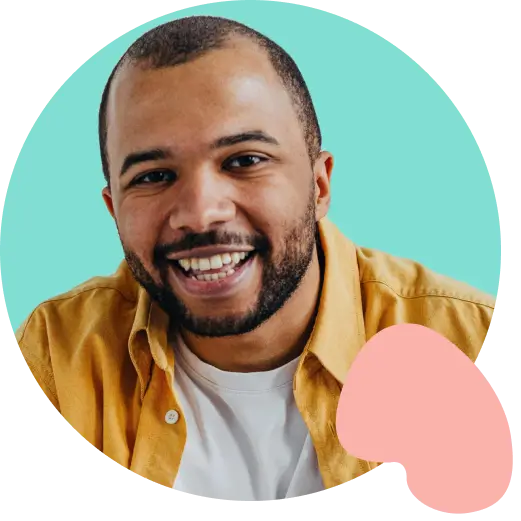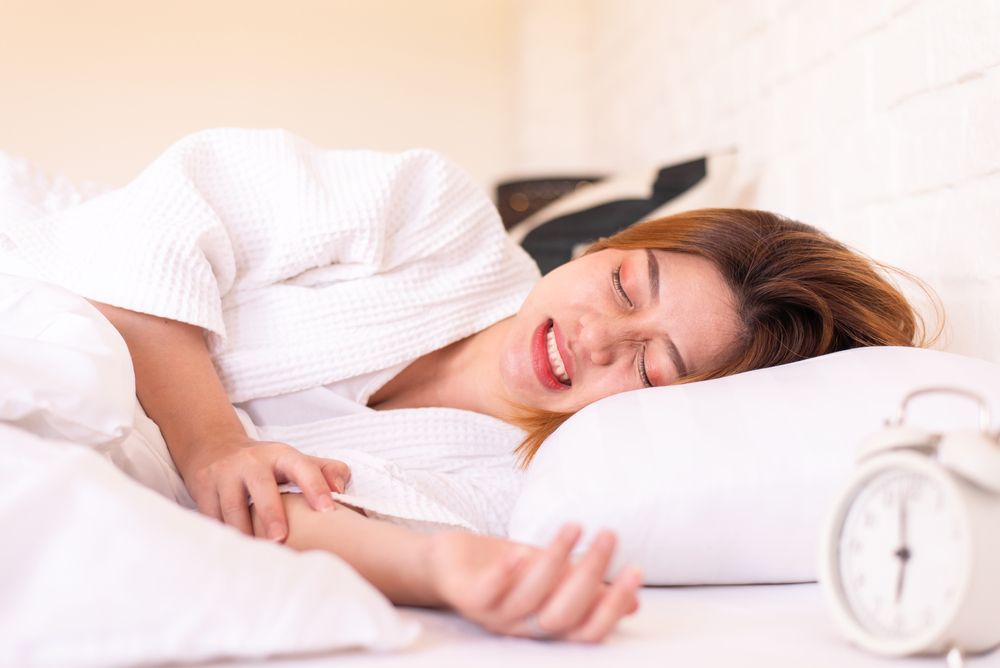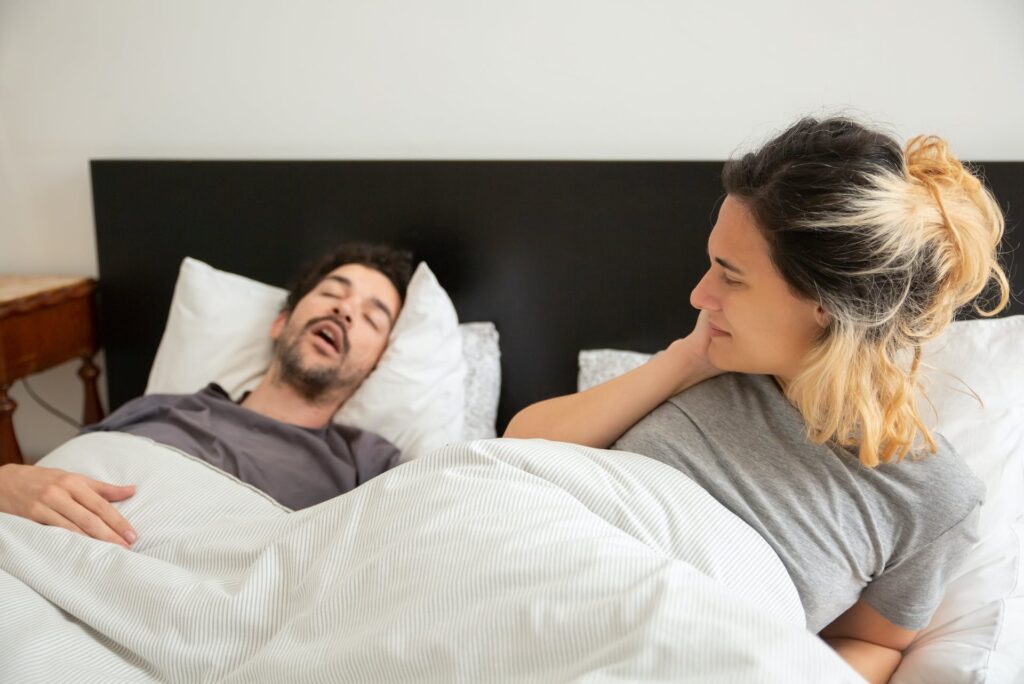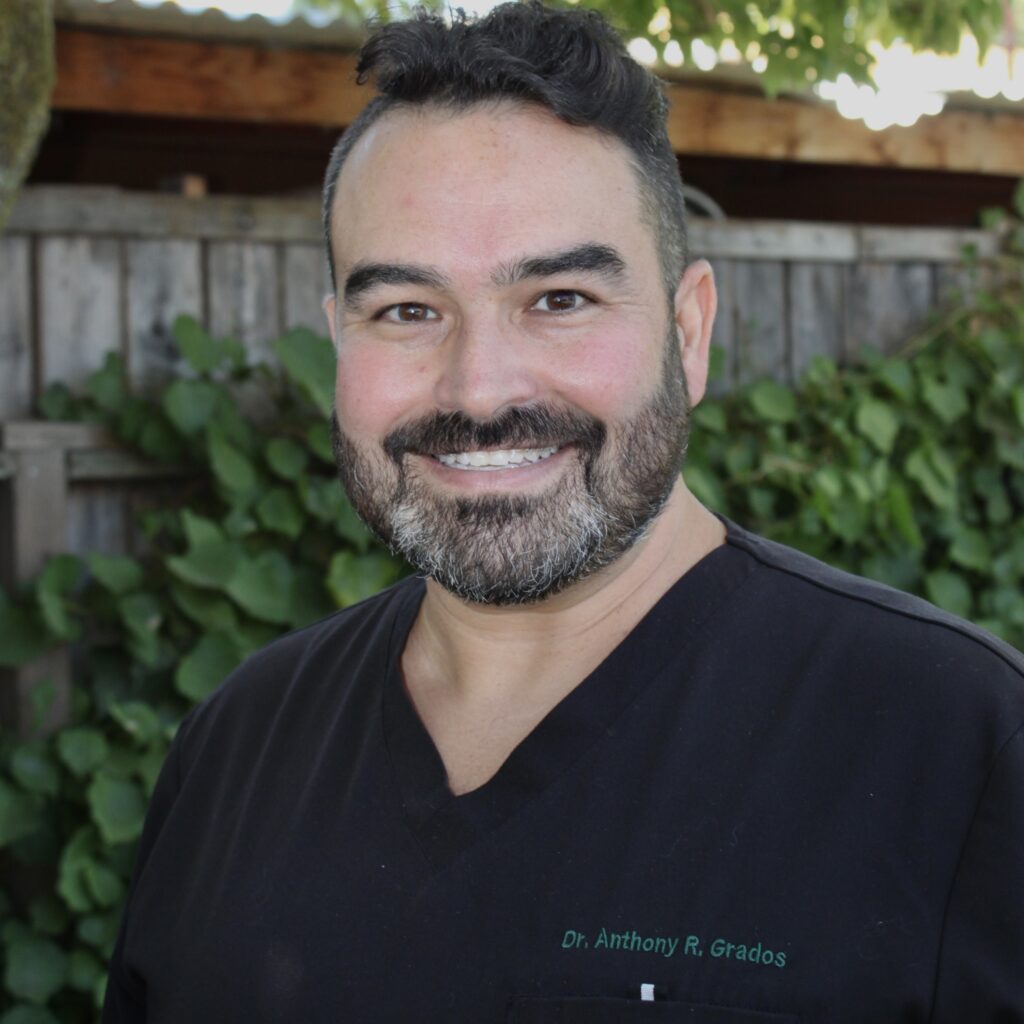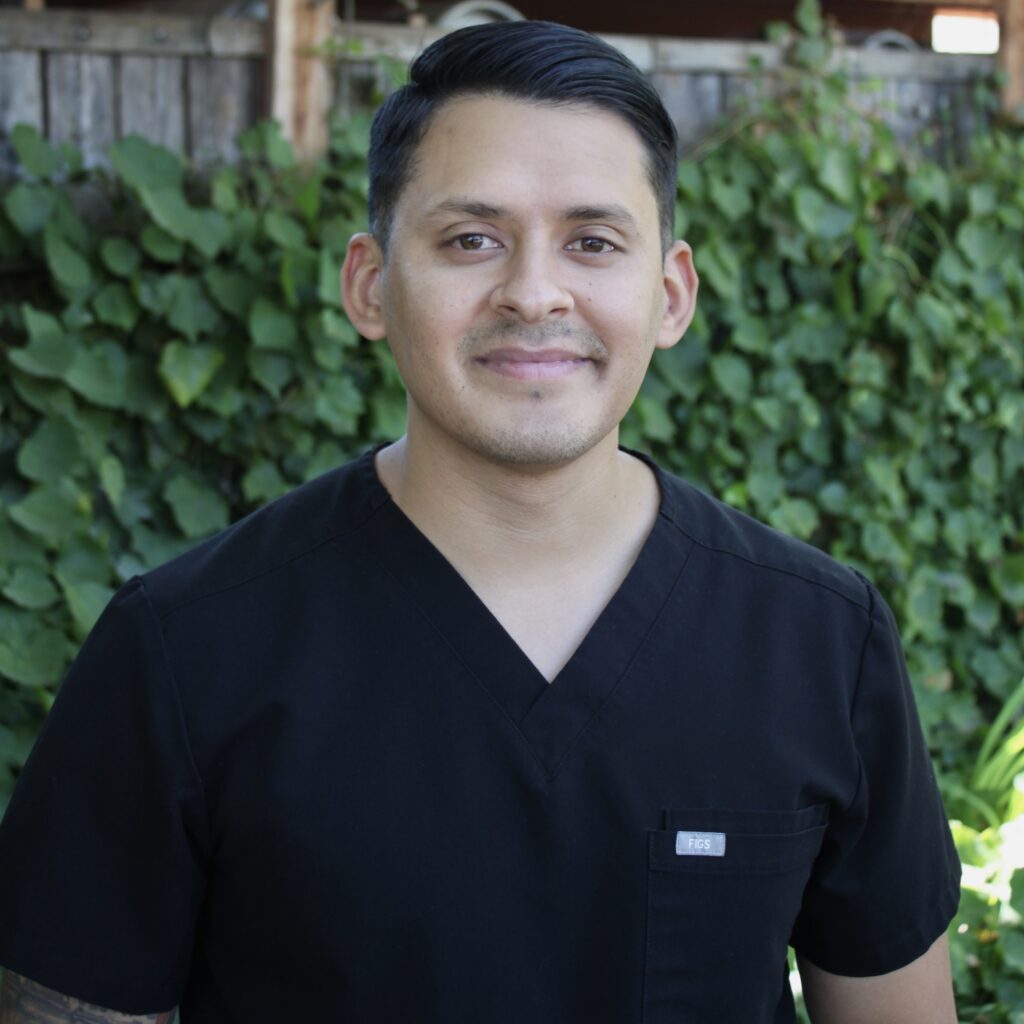Do you find yourself or your loved ones grappling with snoring issues or disrupted sleep? If so, you’re not alone, but here’s the catch—the problem may not be what you think it is.
At Oak Tree Dental in Sebastopol, CA, we understand the importance of a good night’s sleep and the impact it has on your overall well-being. Dr. Anthony Grados, our experienced dental professional, specializes in addressing snoring and sleep apnea, offering innovative solutions that go beyond the surface. It’s time to uncover the true culprits behind your sleep woes and embark on a journey towards restful, uninterrupted nights.
What is Sleep Apnea?
Sleep apnea arises when the muscles in your neck and throat excessively relax, leading to the collapse of your airway and intermittent interruptions in your breathing patterns. This, in turn, can result in diminished oxygen levels and a notable elevation in blood pressure during your sleep, potentially contributing to the occurrence of “silent strokes” that can impair cognitive function.
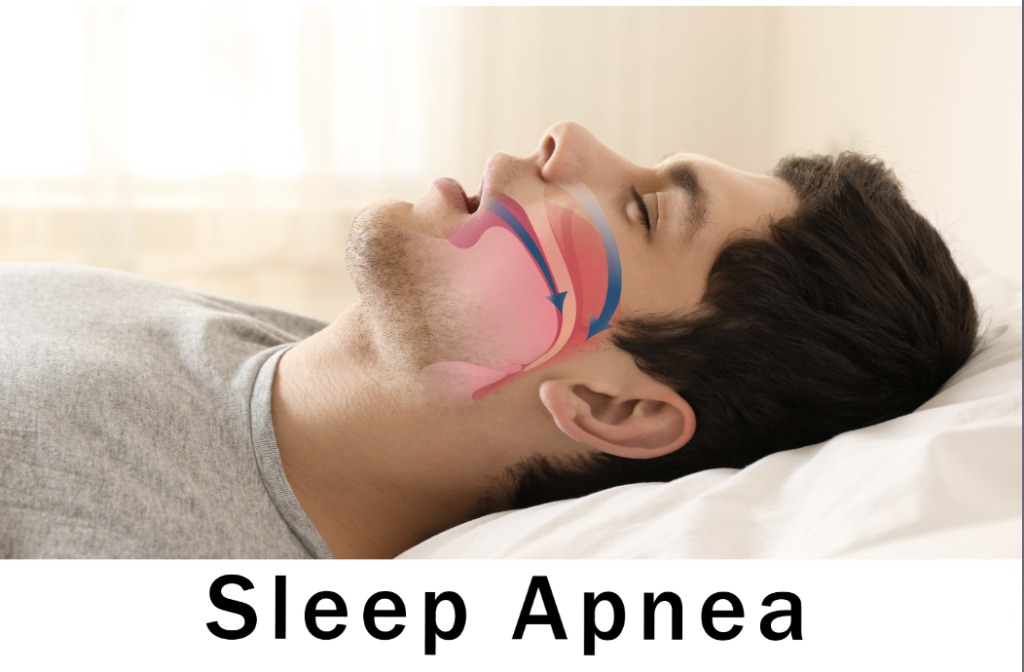
Emerging research has connected sleep apnea to chronic health issues such as:
- Cardiovascular conditions
- diabetes
- persistent fatigue
- autoimmune disorders
- chronic pain
- recurring headaches.
Discovering the relationship between sleep apnea and these health issues underscores the significance of addressing sleep disturbances comprehensively to safeguard your overall well-being.
Signs You May Have Sleep Apnea
During Sleep
- Snoring
- Gasping Episodes
- Breathing Stops
- Mouth Breathing
- Sleep Apnea
While Awake
- Daytime Drowsiness
- Headaches
- Chronic Pain
- Attention Deficit
- Mood Swings / Anxiety / Depression
- Memory Issues / Dementia / Alzheimers
Medical & Health Conditions
- Hypertension
- Obesity
- Diabetes
- Fibromyalgia
- Asthma
- Chronic Allergies
- Hypothyroidism
Sleep apnea treatment solutions
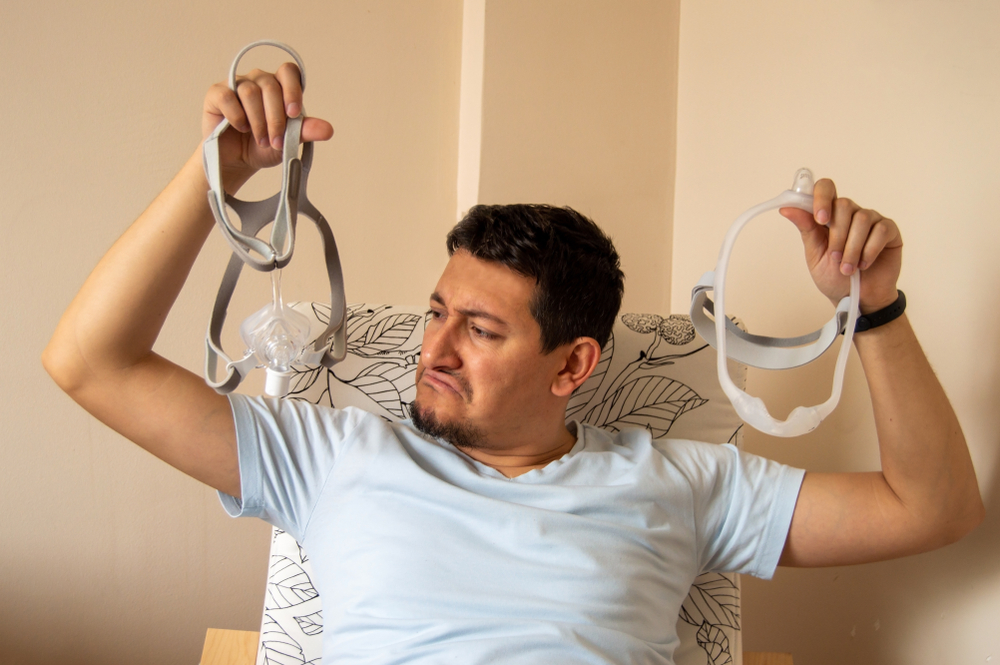
Oral Appliance vs CPAP
CPAP therapy: utilizes a machine to deliver controlled air pressure through a sleep mask, maintaining an open airway and alleviating symptoms. Compliance with this therapy regimen is essential for effectiveness.
Although Continuous Positive Airway Pressure (CPAP) therapy stands as the prevailing remedy for obstructive sleep apnea (OSA), it’s crucial to recognize that it entails a lifelong commitment. CPAP therapy primarily targets the management of symptoms rather than tackling the fundamental causes.
Oral Appliance Therapy: is a comfortable and convenient approach to treat sleep apnea. It involves using a custom-fitted dental device, like the Vivos System, to gently reposition the jaw, widening the airway and improving airflow during sleep.
Benefits:
- Comfort & Convenience: Unlike bulky CPAP machines, oral appliances are compact, portable, and comfortable to wear.
- High Compliance: Patients find oral appliances easier to use, promoting consistent treatment.
- Effective for Various Cases: It works for mild to moderate and even some severe sleep apnea cases.
- Limited Duration: Treatment typically lasts about 2 years, addressing the root causes of sleep apnea.
Vivos Sleep Apnea Treatment
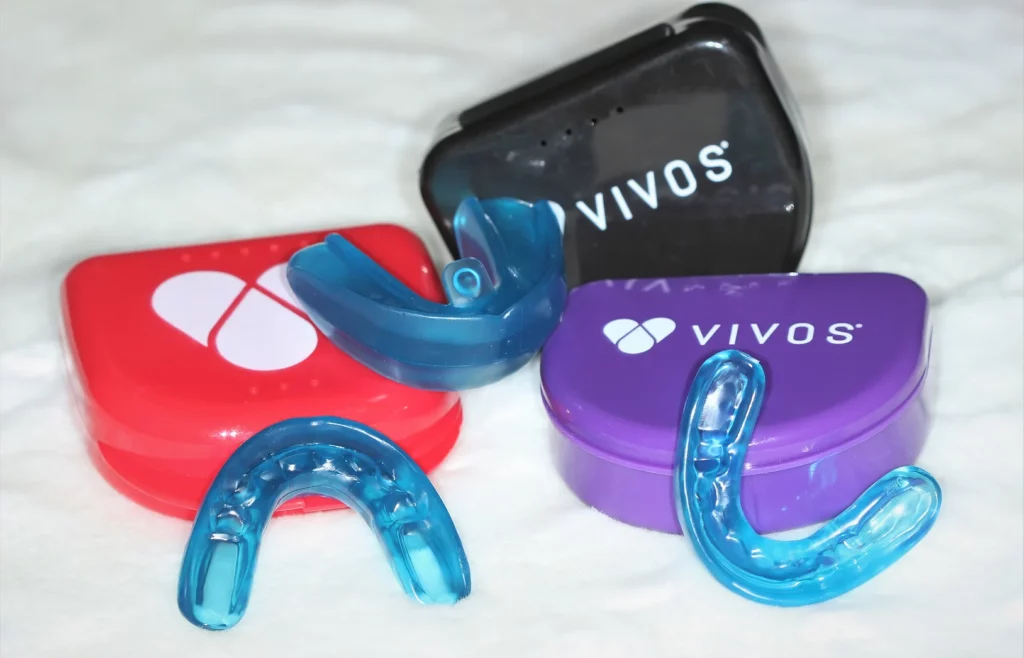
Breathe Better, Sleep Better, Feel Better
Are you ready to experience a new lease on life with obstructive sleep apnea? The Vivos Method has already transformed the lives of over 27,000 patients worldwide, offering a path to relief that doesn’t involve CPAP machines or surgical implants.
Why Choose the Vivos Method?
Discover the benefits of the Vivos Method for sleep apnea treatment:
- CPAP-Free: Bid farewell to the discomfort of CPAP machines and masks. The Vivos Method offers a non-invasive alternative to help you breathe and sleep better.
- No Surgical Implants: Say goodbye to invasive surgical procedures. The Vivos Method is designed to address the root causes of sleep apnea without the need for implants.
Join the ranks of those who have reclaimed their restful nights with the Vivos Method. It’s time to breathe better, sleep better, and feel better. Experience the difference in sleep apnea treatment that puts your comfort and well-being first.
FAQ’s
Should snoring be ignored?
Snoring is not merely a loud and bothersome noise; it can serve as an important indicator of a Sleep Breathing Disorder (SBD) that should not be taken lightly. It is estimated that around 42 million Americans are affected by SBDs.
One of the most prevalent types of SBD is Obstructive Sleep Apnea, a medical condition in which the tongue and soft tissues obstruct the airway, preventing proper airflow into the lungs. Recognizing the potential seriousness of SBDs is crucial for prompt diagnosis and appropriate treatment.
More people have sleep apnea than you think.
1 in 5 adults have mild OSA
1 in 15 have moderate to severe OSA
9% of middle-aged women and 25% of middle-aged men suffer from OSA
What’s sleep apnea’s impact on health?
- Mild OSA is found in 70% of heart attack patients.
- Sleep Apnea affects 86% of obese individuals with type 2 Diabetes.
- Hypertension is present in 43% of patients with mild OSA.
- Sleep Apnea is experienced by 48% of individuals with type 2 Diabetes.
- Drowsy driving causes around 100,000 car accidents annually.
- Individuals with Sleep Apnea are at a 4 times higher risk of stroke.
- Untreated Sleep Apnea can lead to memory problems, weight gain, impotence, and headaches.
- Over 20 years, untreated OSA can reduce survivability by 30% or more.
- Drowsy driving results in 100,000 car accidents, 40,000 injuries, and 1,550 deaths yearly.
- Approximately 38,000 deaths each year are associated with Sleep Apnea-related cardiovascular problems, including high blood pressure, hypertension, and stroke.
Is the sleep apnea treatment covered by insurance?
Good news! You have the option to seek reimbursement from your medical insurance company, however, it’s important to note that your medical insurance plan might have some limits or exclusions on the coverage amount.
To get all the details specific to your plan, it’s best to reach out directly to your Medical/Dental insurance company. They’ll be able to provide you with the specifics related to your coverage and answer any questions you may have. It’s always good to stay informed and make the most of your insurance benefits!

